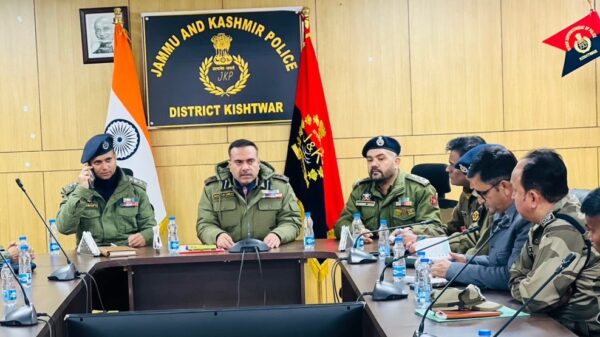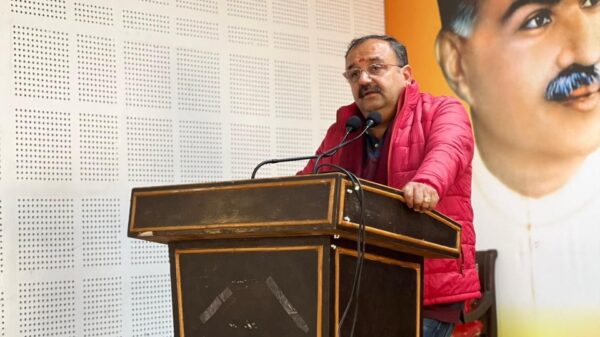On the International Day Against Drug Abuse, alarming new data has revealed that more than 13.5 lakh people in Jammu and Kashmir are affected by drug addiction, including 1.68 lakh minors aged between 10 and 17. The figures were reported by Kashmir News Observer, citing the Parliamentary Standing Committee on Social Justice and Empowerment.
The report highlights a growing crisis: nearly 95,000 individuals are opioid users, with many addicted to heroin and other synthetic or pharmaceutical substances.
Doctors and health officials say that while heroin use has seen a slight drop in some regions due to awareness campaigns and police crackdowns, there is now a sharp rise in the abuse of pharmaceutical drugs like tapentadol, tramadol, pregabalin, and even veterinary medicines like Avilin. These drugs are easier to access and harder to regulate, making them a new and dangerous threat.
“We’re registering 5 to 10 new cases every day,” said a doctor at the Institute of Mental Health and Neurosciences (IMHANS), Srinagar. “And many of these patients are teenagers or in their early twenties. The pattern is shifting toward polydrug use — they combine multiple substances to get high or to replace heroin when it’s not available.”
In districts like Shopian, rural de-addiction clinics are also overwhelmed. “Every week, we see fresh cases. Most are hooked on psychotropic medicines or heroin,” said a doctor at a local centre. “What’s worrying is that some patients are now misusing medicines made for animals.”
The ongoing crackdown by law enforcement has disrupted supply chains of narcotics in some areas, pushing users toward alternate substances. But without enough rehab centres and long-term treatment options, many users relapse.
To fight the growing crisis, IMHANS recently trained 30 imams and religious scholars through the Waqf Board to spread awareness and offer early intervention within communities. “Religious leaders can play a vital role in reaching the families and young people directly,” said a health official involved in the training.
Experts are now calling for a coordinated and time-bound rehabilitation policy. “This is no longer just a health issue — it’s a social emergency,” said a senior psychiatrist. “We need schools, families, religious institutions, civil society, and the media to come together.”
With 13.5 lakh people battling addiction — including 95,000 opioid users and over 1.6 lakh children — the warning is clear: if urgent and structured action is not taken now, the damage to Kashmir’s youth and social fabric could become irreversible.































































